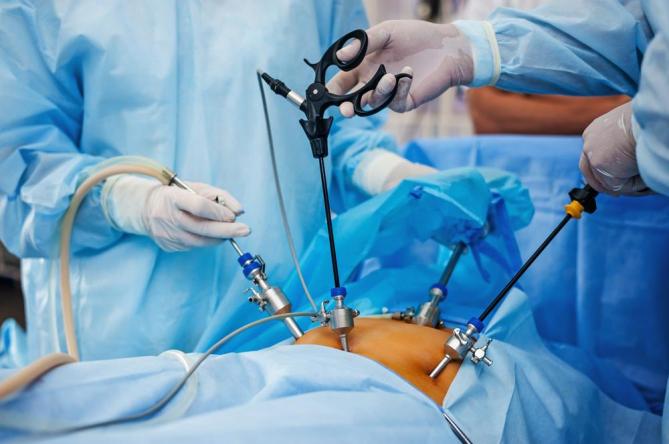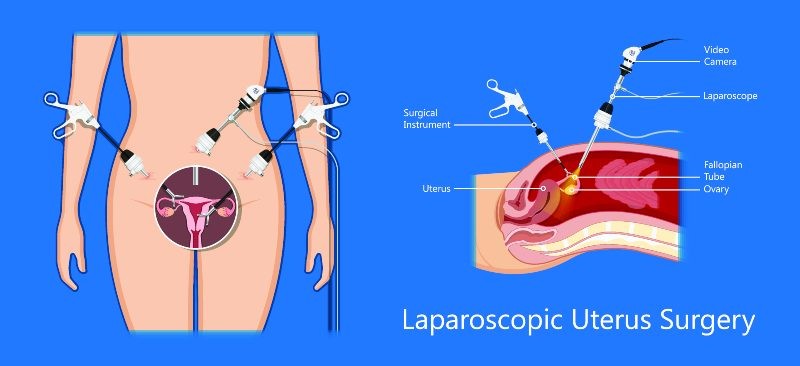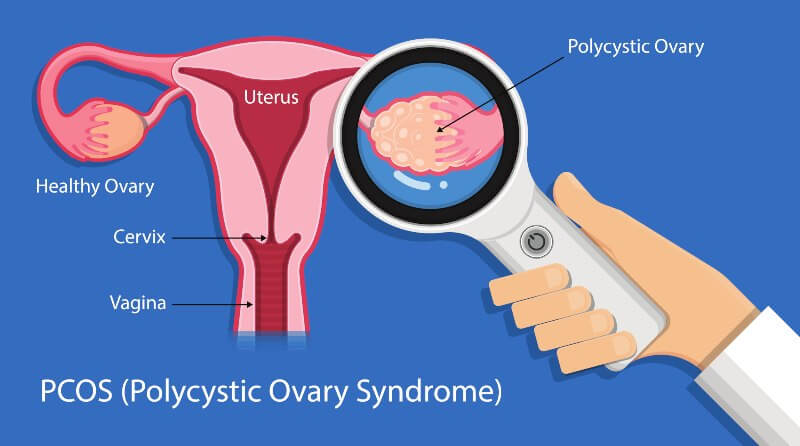 Book Now
Book Now
2 Ahmed Elmlihy St. from Venny Square, Dokki, Giza, Egypt


Home | Services | Laparoscopy
Released at:Oct, 12 2023 •

Laparoscopy is a simple operative procedure that in certain cases is a good alternative to open surgery.
Hospital admission time is reduced, pain is less, operation entry wounds are much smaller and with it the scars.
The term laparoscopy comes from the old Greek language and is a combination of the two words Laparo which is the space between the ribs and pelvis and Skopie which refers to examination “to examine”.
Laparoscopy is a surgical technique where the surgeon makes small incision cuts (1 to 4) of about 1 cm around the navel area. One of these incisions is to insert a thin tube (Trocar) through which carbon dioxide is pumped to inflate your stomach, a camera is then placed to visualize the internal abdominal organs. Depending on what the gynecological surgeon’s findings are more small cuts are made through which tubes are brought in that can guide the operating tools.
The most important conditions for using Diagnostic laparoscopic surgery:

During a diagnostic laparoscopy when a proper diagnosis and assessment have been made it is easy to intervene during the same session and do an operative laparoscopy.
Laparoscopy is not only a diagnostic tool, but also a potential tool of treatment. Several studies show good results such as reduced pain and improved fertility rates after an operative laparoscopy. It is one of the first recommended interventions in infertile women particularly women suffering from endometriosis. However, endometriosis patients should know that their symptoms could with time return if new endometriotic spots form in the abdominal/pelvic cavity.
• Smaller incisions and thus less pain compared to open surgery.
•Shorter recovery times
•Decreased post-operative infection rates
Laparoscopy is a surgical technique where the surgeon makes small incision cuts (1 to 4) of about 1 cm around the navel area. One of these incisions is to insert a thin tube through which carbon dioxide is pumped to inflate your stomach, a camera is then placed to visualize the internal abdominal organs. Depending on what the gynecological surgeon’s findings are more small cuts are made through which tubes are brought in that can guide the operating tools.
When the surgeon is done with the laparoscopy, he deflates the abdomen and pelvis from the gas that was pumped into them, removes all the trocars through the incisions and sutures these small wounds.
This procedure is usually performed with general anesthesia but if the patient’s medical condition makes it necessary it can be performed with an epidural or spinal anesthetic as the anesthesiologist decides is best.
Post-operative recovery period of a laparoscopic procedure is around 3 weeks, but it depends on the overall patient health condition and the initial reason for the procedure.
Laparoscopic surgery due to the small keyhole incisions instead of the traditional laparotomy has a significantly shorter recovery time, less blood loss and complications occur only in about 3% of patients.
The most common general complications of the surgery are the results of anesthesia and/or the incisions.
There are some conditions delaying pregnancy that can only with certainty be diagnosed through laparoscopy. This because you can see the affected tissues live and, on the spot, take samples for histologic and pathologic investigations. A Laparoscopy procedure plays an important role in the diagnosis and treatment of endometriosis. Endometriosis can be diagnosed and endometriotic cysts and spots removed from the ovaries, pelvic & abdominal cavity and peritoneal lining.
It is normal to experience some irregular vaginal discharge, bleeding or spotting for a while after a laparoscopic endoscopy. This can take from a couple of days till 3 weeks. Irregularities in the menstrual cycle can in some patients also occur and these can differentiate from early, delayed, shortened or prolonged cycles but this should normalize itself, within 6 weeks after the procedure.
Despite its many advantages’ a laparoscopy procedure may also have some complications the patient should be aware of;
Laparoscopies scare many patients since its success relies more on the expertise of the performing surgeon than the equipment. We at Bedaya Hospital have the privilege to have an experienced team of surgeons with the skills and expertise to perform diagnostic and operative laparoscopies with the least possibility of complications or risks.

For her
The ICSI success story unfolds as we dive into the heartfelt account of this couple's experience at Bedaya Hospital, which has garnered immense praise and admiration. Witness their transformative journey and gain valuable insights into the exceptional care and services provided by this renowned medical institution. Bedaya Hospital's commitment to providing a comprehensive range of services tailored to each patient's needs, combined with a personalized approach, left a lasting impression on them.

